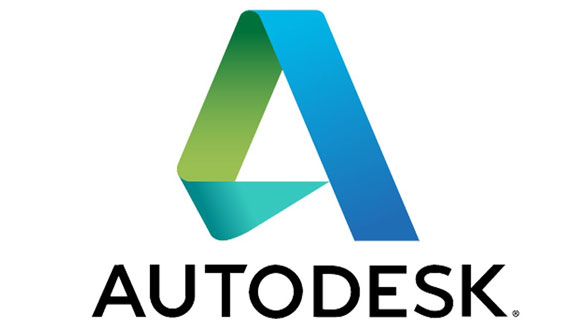Indian startup Social Hardware recently unveiled their modular assistive device connector, named the Avocado Wrist Connector for its resemblance to the fruit. Autodesk helped the team to apply generative design to the connector, focusing on minimizing weight while ensuring strength and durability-a problem often faced with a typical single prosthetic hand and socket device.
The connector was launched at Autodesk’s first Design Night in India, the opening event of Hyderabad Design Week.A key benefit of generative design, a technology exclusively available in Autodesk Fusion 360, is the ability to make lighter-weight parts, minimizing mass and material use while maintaining high performance standards and respecting engineering constraints.
Generative design enabled the Social Hardware team to achieve a weight reduction for the connector from 300g to just 96g, a result that woul have taken months through traditional design methods, but instead took less than a week.
“The development of assistive devices includes many rounds of ideation and a lot of prototyping and testing for engineering design. Fusion 360 has made it incredibly easy for us to prepare designs for rapid prototyping, speeding up the process of development and getting the connector ready to meet the needs of amputees across the country.” said Abhit Kumar, Co-Founder, Social Hardware.
“The Avocado Wrist Connector has the potential to improve the lives of over half a million upper limb amputees in India, providing equal opportunity to people with disabilities,” said Haresh Khoobchandani, Vice President of Asia Pacific at Autodesk. “With its ability to explore options for reducing product weight through part consolidation and dramatically speed up the product development process, generative design is the future of manufacturing.”
While the Avocado Wrist Connector is currently in the testing stage, Social Hardware is making it available as part of a STEM education kit to hobbyists, students, and education institutions to gather more feedback. The team has also partnered with rehabilitation centres across the country, including the Association of People with Disability, Karnataka and Nevedac Prosthetic Centre, Punjab to make their assistive devices available to users free of charge.



